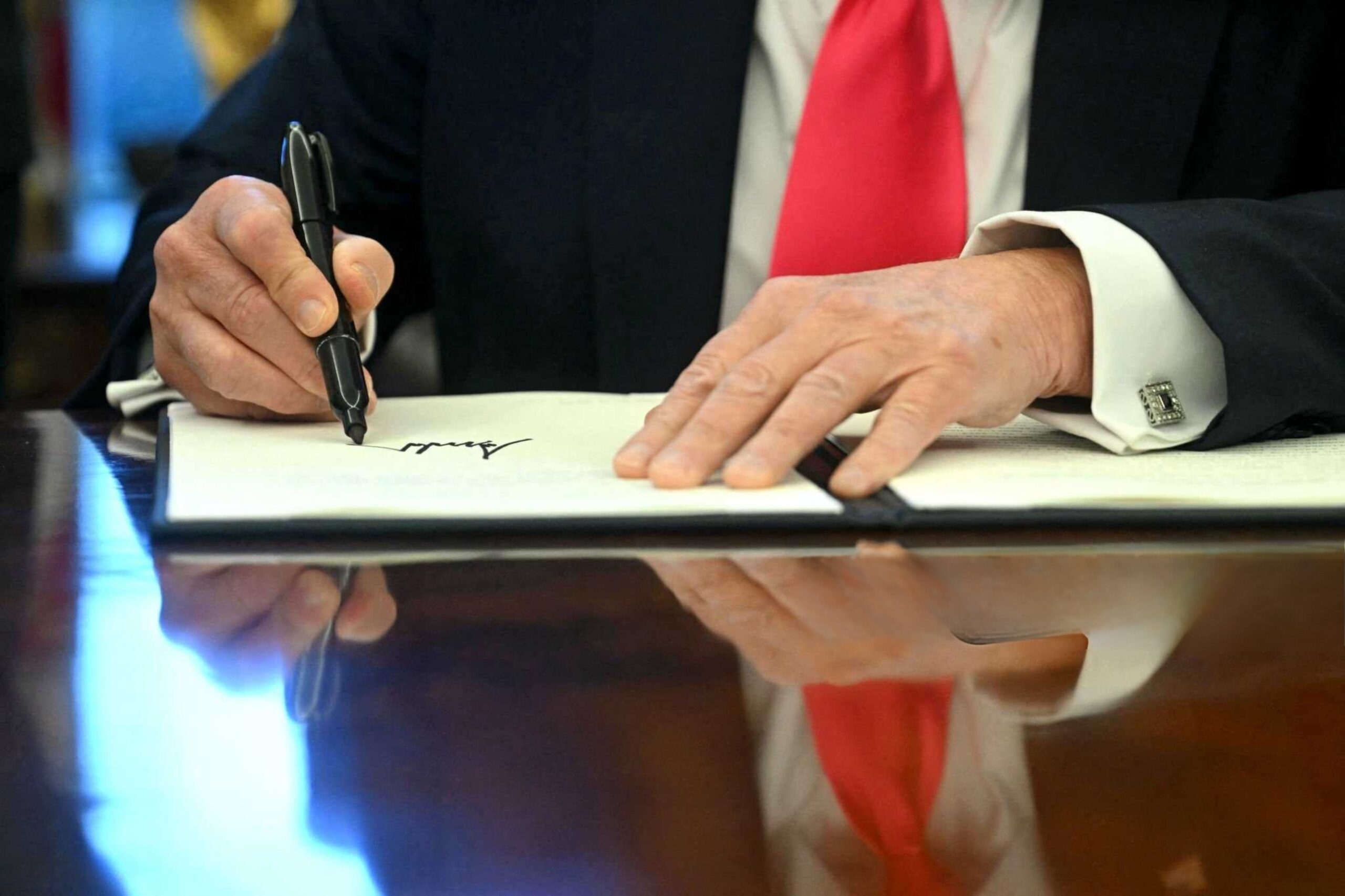Posts tagged OPM
Backgrounder: Trump Civil Service Reform Proposed Rule
April 27, 2025 // On April 23, 2025, OPM proposed a new rule to improve accountability for federal career employees, especially those in policy roles. The rule implements President Trump’s Executive Order 14171, which he signed on his first day in office. Executive Order 14171 explicitly directed OPM to render civil service regulations implemented during the Biden administration inoperative, citing the President’s authority to manage the executive branch. Among other things, the rule would create a new job category called Schedule Policy/Career in the excepted service for policy-influencing positions, making them at-will employees and, therefore, meaningfully accountable for their performance and conduct.
Opinion: Remote work is a new battlefield for unions
April 22, 2025 // A series of Trump administration executive orders, and recent guidance from the Office of Personnel Management , aim to dismantle federal telework arrangements. That guidance indicates that agencies can override union contracts when it comes to deciding how much or how little employees get to work from home. Legal experts warn that reversing negotiated telework clauses not only puts federal employees’ work-life balance at risk but also sets a precedent that could weaken collective bargaining in other areas.
OPM proposes rule to formally revive Schedule F
April 22, 2025 // The Office of Personnel Management on Friday filed proposed regulations that would formally revive Schedule F, setting the stage for tens of thousands of federal workers to be stripped of their civil service protections, making them effectively at-will employees. The proposal, which will be published in the Federal Register on April 23, outlines the new excepted service category, now called Schedule Policy/Career, purports to remove “cumbersome adverse action procedures” for employees in what the administration deems to be policy-related jobs and accused the Biden administration, which filed its own regulations last year seeking to prevent Schedule F’s return, of “protecting poor performers.”
Sen. Mike Lee spearheads efforts to block government workers from union activities while on the clock
April 9, 2025 // “Federal government unions are heavily involved in party politics,” National Right to Work Committee President Mark Mix said in a statement. “They stage massive political protests, and contribute large amounts of money and manpower to influence elections. Employees of these unions should not have their salaries paid by American taxpayers.” Lee cited a 2016 report by the Office of Personnel Management that showed federal employees spent 3.6 million hours on union-related businesses, costing taxpayers more than $177 million. That number dropped to 2.6 million hours, costing $134.9 million, during the first Trump administration, according to Lee.
GOP Unveils Bill To End Taxpayer-Funded Union Organizing
April 8, 2025 // Lee and Cline’s No Union Time on the Taxpayer’s Dime Act would end the practice of “official time”— paid time given to federal employees to perform union duties during work hours and using government office space. This practice costs taxpayers more than $100 million annually, according to data from the White House Office of Personnel Management (OPM).

Workers at Defense Health Agency spent $3.3 million and 87,000 hours working on their own union benefits
April 7, 2025 // Federal unions are restricted from negotiating benefits and pay by the Federal Service Labor Management Relations Statute. Instead, benefits and pay are determined by law set by Congress and federal regulations. But federal unions can negotiate over more minor aspects of working conditions. “This includes things like the height of cubicle panels, securing designated smoking areas on otherwise smoke-free campuses, and the right to wear Spandex at work,” Rachel Greszler, a senior research fellow on workforce and public finance at the Heritage Foundation, previously told The Post.

Backgrounder: Executive Order: Exclusions from Federal Labor-Management Relations Programs
March 31, 2025 // The practice of “official time” is when unionized federal employees perform union-related activities, rather than their actual public service duties, while being paid by taxpayers. The Federal Unions EO requires that agencies, upon termination of an applicable collective bargaining agreement, reassign any workers who performed “official time” to positions where they perform solely agency business. It also contains language regarding existing grievance proceedings and allows for the head of each agency to submit a report to the President within 30 days highlighting any agency subdivisions that were not covered but should have been covered under the Federal Unions EO.

Commentary: Taxpayer-Funded Union Work Deserves Transparency, Limits
March 21, 2025 // The Office of Personnel Management estimated federal employees spent at least 2.6 million hours on official time in fiscal year 2019, at a cost to taxpayers of $135 million. This was after President Trump sharply curbed taxpayer-funded union time via a 2018 executive order. Because unions have a right to unspecified quantities of official time under federal statute, the most the president can do without congressional action is implement parameters around its use or, in the case of the Biden administration, crank it to 11. In his drive to become “the most pro-union president in history,” Biden rescinded Trump’s executive order limiting official time and directed federal agencies to grant unions more taxpayer-funded union time.

Commentary Rachel Greszler: What Trump Memo on Taxpayer-Funded Union Time Means for Federal Employee Unions
March 18, 2025 // In addition to tracking the number of employees and their time, agencies also have to report on other taxpayer-provided subsidies to unions. That would include, for example, “a single Veterans Affairs facility allocate[ing] half of a hospital wing—over 5,000 square feet—largely for the use of the union president and officials” as exposed in a report from the Institute for the American Worker. The irony of federal employees’ excessive use of official time is that they can’t even bargain for the biggest things most unions bargain over—pay and benefits. And working predominantly in offices (or, prior to Trump’s executive order requiring federal employees to return to the office, in their homes) hardly poses a need for lengthy worker safety negotiations. That leaves official time to be predominantly spent defending poor performers and bad actors that agencies have disciplined or dismissed, and negotiating over tedious things like the height of cubicle panels; designated smoking areas on otherwise smoke-free campuses; and the right to wear spandex at work.
Lawmakers propose banning all federal labor unions
March 17, 2025 // “This legislation would end federal labor unions and immediately terminate their collective bargaining agreements to ensure the federal government is working on behalf of the American people – not labor unions – by increasing the productivity of its workforce,” Blackburn said in a statement. If passed, the bill would affect 25% of the federal employee workforce who are members of public sector unions, according to the U.S. Bureau of Labor Statistics.
